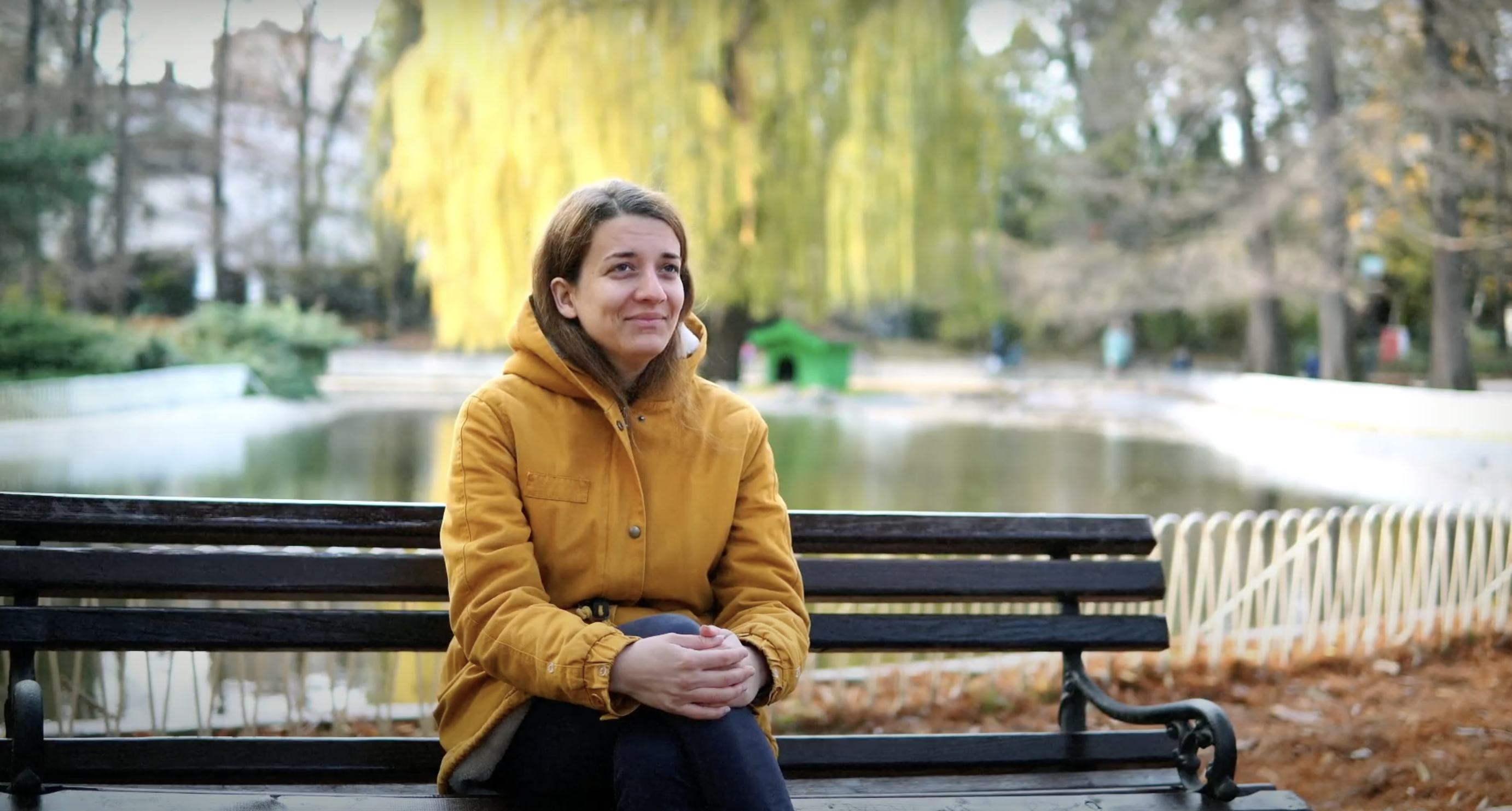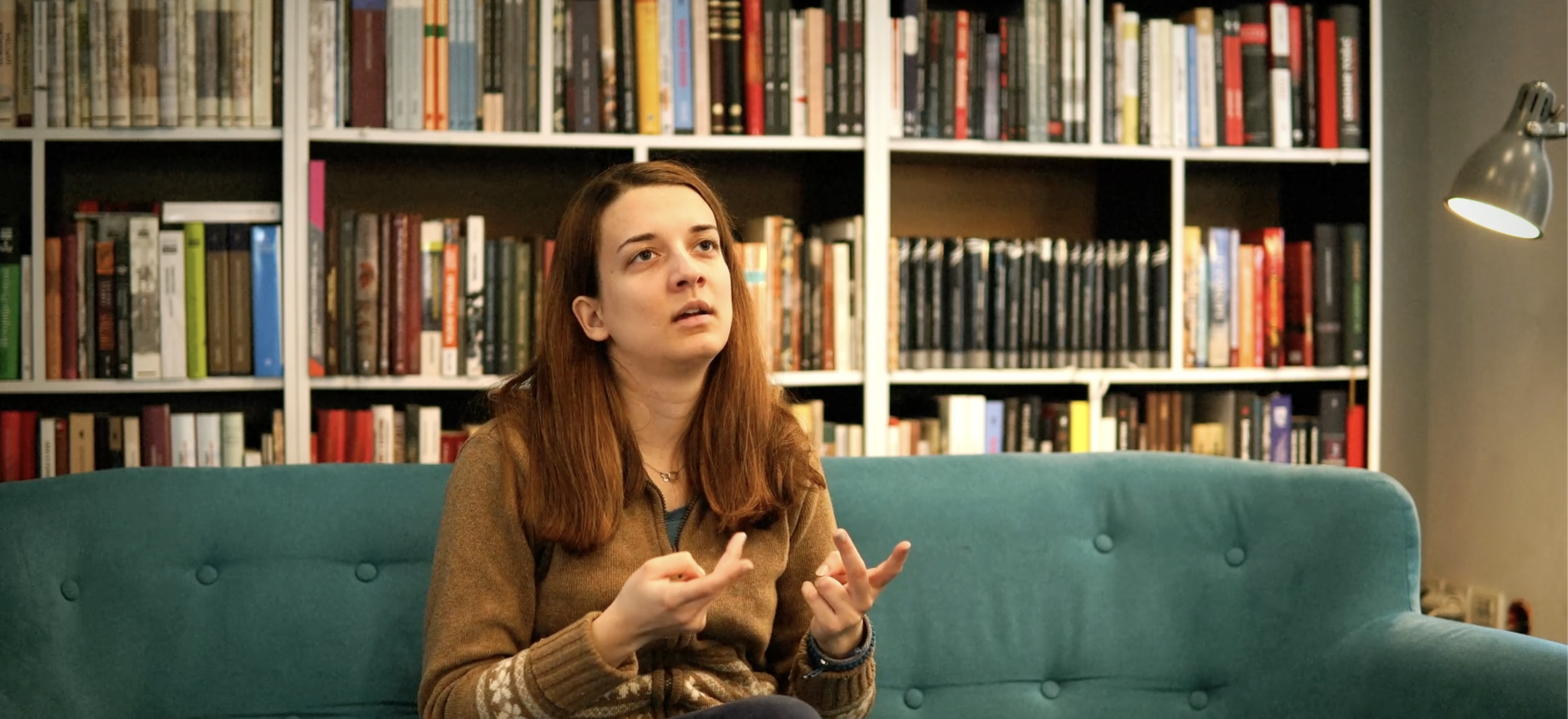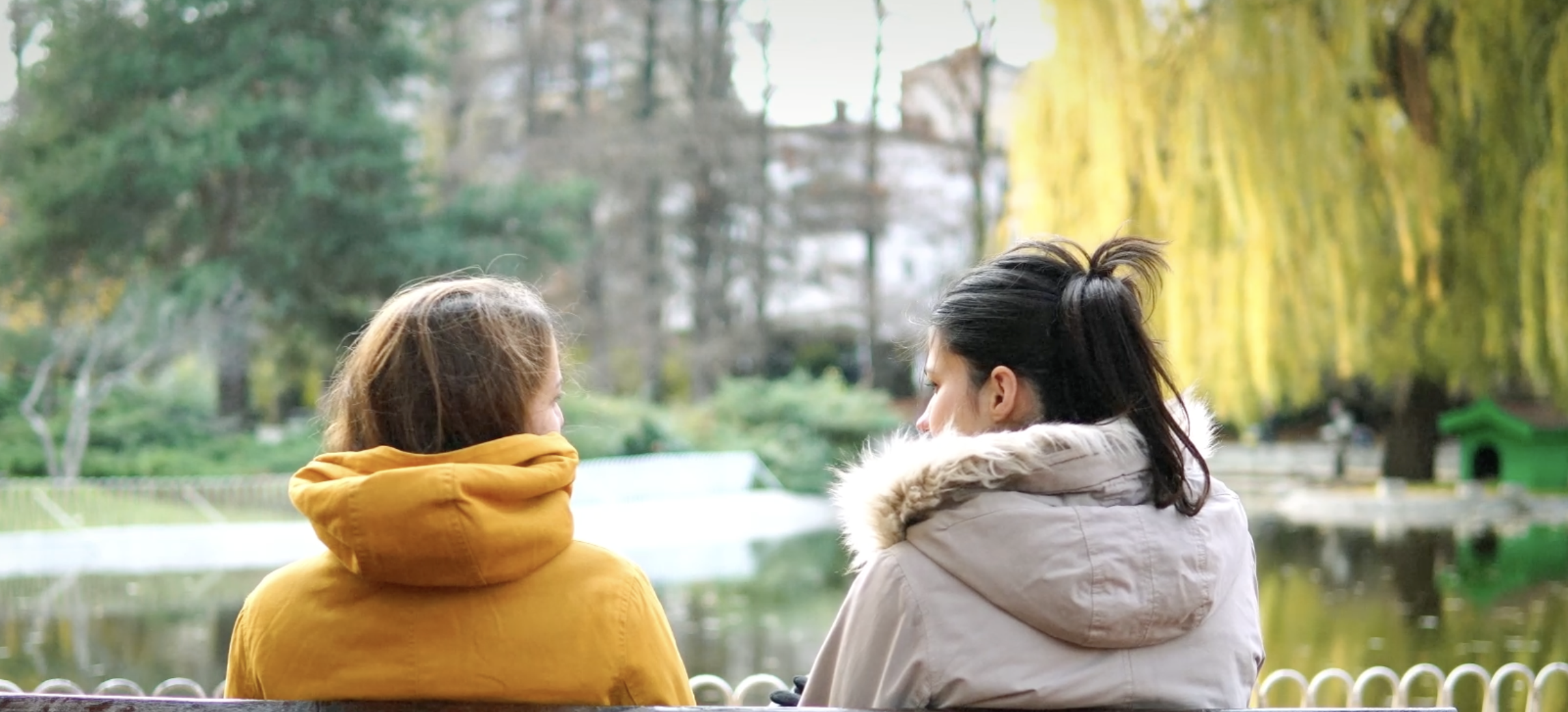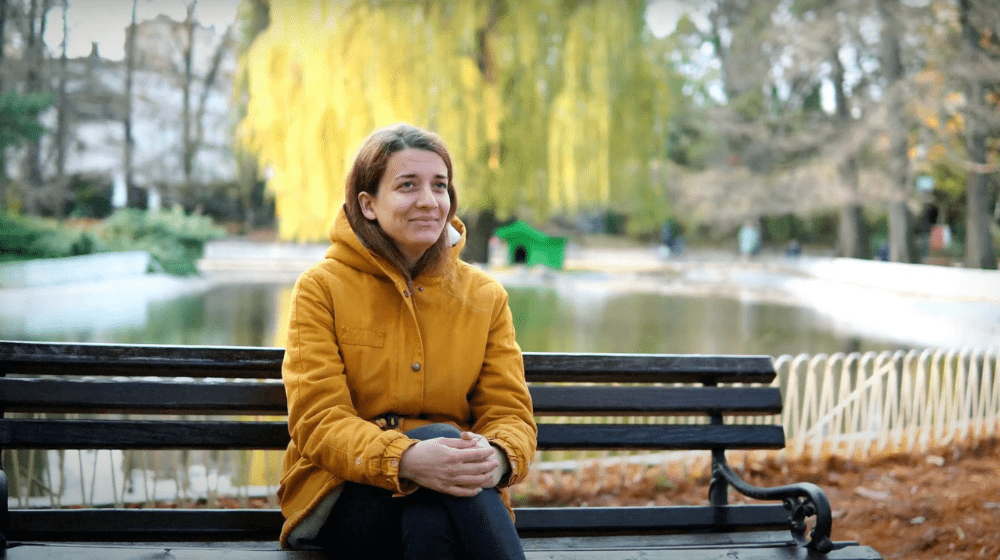An estimated 10% of the world’s population – 650 million people – live with a disability. Persons with disabilities have the same sexual and reproductive health needs as other people. Yet they often face barriers to information and services. Even though people are talking more about these issues, women and girls with disabilities still face discrimination and difficulties accessing the care they need.
But despite these challenges, there are inspiring stories of strength and empowerment that challenge stereotypes and deserve acknowledgment.

Maja, a graduate student at the Academy of Arts in Novi Sad, Serbia, embodies this resilience. Through her experience, she has become a symbol of empowerment for many women with disability in her community. Through her involvement in a project aimed at enhancing the sexual and reproductive health and rights of women with disabilities implemented by UNFPA and the Organization Providing Support to Women With Disabilities …IZ KRUGA – VOJVODINA, Maja has emerged as a powerful advocate for change.
"In my journey, I've encountered numerous obstacles, especially when it comes to accessing healthcare," Maja shares.
"Simple tasks like scheduling a medical appointment become daunting challenges when there's no option for SMS scheduling. I often rely on organizations for the deaf to assist me in this process."
Maja's experience sheds light on the pervasive barriers faced by women with disabilities in accessing healthcare. From the lack of accessible facilities to the need for sign language interpreters during consultations, the healthcare system sometimes falls short in meeting their needs.
Despite these challenges, Maja remains steadfast in her belief in every woman's right to make decisions about her own body. "When I found a boyfriend, my family expressed concerns about the possibility of having a deaf child. But to me, the most important thing is the child's health, not whether they can hear or not," Maja asserts.
Maja's story exemplifies the resilience and determination of women with disabilities in asserting their rights and challenging societal norms. Despite facing resistance from her family and societal expectations, she remains unwavering in her conviction that disability should not dictate one's worth or choices.

Her story echoes the findings of the study "Sexual and reproductive health of women and adolescent girls with disabilities," which highlights the liberal attitudes of women with disabilities in Serbia towards sexuality and family planning. Despite societal barriers, the majority of these women believe in their right to make decisions about their sexual and reproductive health.
According to the same research, only one out of five women with disabilities discussed sexuality issues in counseling centers, and one in ten discussed them with teachers or educators. This lack of discourse exacerbates the already existing information gap, leaving women with disabilities uninformed and ill-prepared to navigate crucial aspects of their sexual and reproductive health.
The research also reveals that one in seven women with disabilities in Serbia has never undergone a gynecological examination, underscoring the urgent need for more inclusive healthcare practices and increased accessibility to medical services for women with disabilities.
Despite these challenges, there is hope on the horizon. Through initiatives like the project "Improving sexual and reproductive health and rights of women with disabilities through strengthening the capacity for advocacy," spearheaded by UNFPA and its partners, progress is being made towards a more inclusive and equitable society.
As part of this project, educational workshops were conducted for women with different types of disabilities in Serbia. These workshops not only aimed to increase knowledge about sexual and reproductive rights and gender-based violence but also to empower participants to advocate for their rights within their local communities. Equipped with the tools and knowledge to navigate and demand better access to sexual and reproductive health services, women with disabilities in Ruma, Nis, Uzice, Pančevo and Kovin engaged with local service providers and media to demand their rights better.
Women with disabilities refuse to be silenced or sidelined in the fight for sexual and reproductive rights. With their voices growing louder and their stories resonating, they are reshaping narratives and demanding equality for all. In their courage and resilience lies the hope for a future where every woman can exercise her rights and live with dignity.



